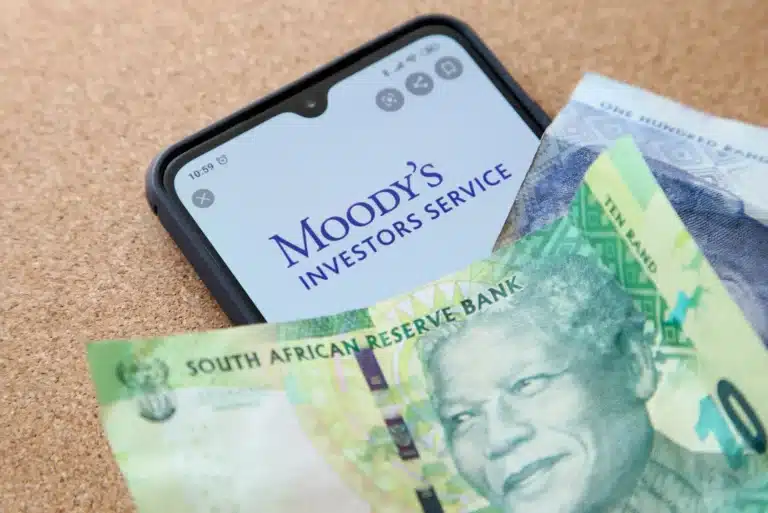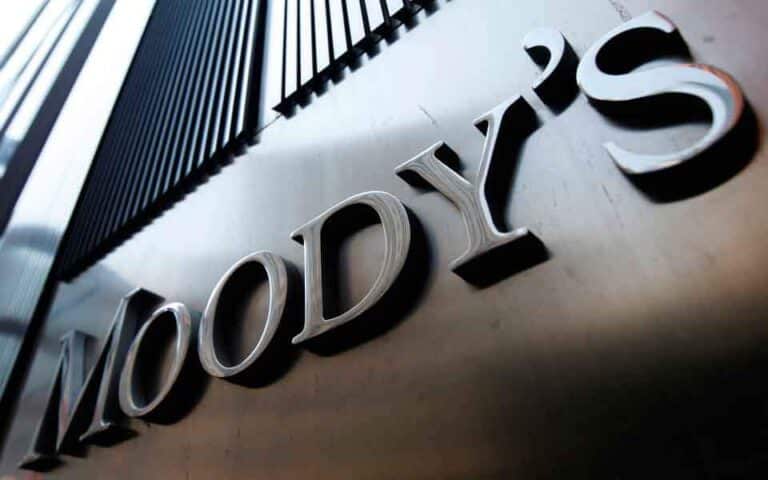The Birth of an African Credit Rating Agency: A Step Towards Economic Equity?
A new African credit rating agency?
As momentum builds for the establishment of a new African credit rating agency, many are left wondering: will this initiative genuinely transform the investment landscape across the continent?
This upcoming agency aims to provide a localised perspective on credit ratings, addressing longstanding concerns about the biases of established international firms like Moody’s, S&P, and Fitch.

Understanding the Need
African nations have often felt the sting of what they perceive as unjust treatment by international credit rating agencies.
Critics argue that these agencies apply subjective criteria, leading to inflated risk assessments that significantly raise borrowing costs for African governments. Albert Muchanga, a commissioner with the African Union (AU), recently highlighted that the continent has been “not treated very well when it comes to ratings and the cost of borrowing.”
The establishment of an African agency aims to provide a more accurate reflection of the unique economic realities faced by African countries.

A Complex Landscape
The narrative surrounding credit ratings is not black and white. While there is a palpable sense of bias against African nations in international assessments, empirical evidence suggests that the actual ratings are often predictive of defaults. Investors frequently rely on these ratings, despite the concerns regarding bias.
This brings to light a critical question: can a new African credit rating agency genuinely change investor perceptions, or will it simply be viewed as an alternative with limited influence?

The Challenges Ahead
The journey to establishing the African Credit Ratings Agency (AfCRA) is fraught with challenges. Critics point out that many of the continent’s financial institutions still lean heavily on the ratings provided by the Big Three, regardless of the concerns surrounding them. For instance, GCR, an African credit rating agency, was eventually acquired by Moody’s, which illustrates the struggle for independence and the uphill battle against entrenched interests.
Moreover, experiences from attempts to create alternative rating agencies in Europe reveal that without significant backing and investor interest, such initiatives can falter. Standard Bank’s CEO, Sim Tshabalala, emphasised that the success of AfCRA will depend not just on its independence, but also on its ability to leverage sophisticated models that resonate with investors.
Potential Benefits
However, the creation of AfCRA could signal a shift towards greater economic equity. By offering ratings that better align with the realities of African economies, the agency could help reduce the perceived risk associated with investing in the continent. A favourable rating from a credible African agency could indeed encourage foreign investments, enabling countries to finance essential infrastructure and development projects at more competitive rates.
The AU’s push for this agency also aligns with broader goals of enhancing financial stability and fostering local market development. As Muchanga stated, the aim is to create an environment where African nations can borrow competitively at home and abroad.
A Path Forward
While the establishment of an African credit rating agency is a promising step, it is crucial for African governments to also engage proactively with existing international rating firms.
Enhancing transparency and understanding of how these agencies operate can empower governments to influence their ratings more effectively. Additionally, a dual approach—supporting the growth of AfCRA while simultaneously advocating for fairer practices among the Big Three—could be the key to unlocking better financial outcomes for African nations.
In conclusion, the proposed African credit rating agency represents a significant opportunity for the continent. While it may not be a panacea for all financial challenges, it has the potential to provide a much-needed counterbalance to the existing credit rating system, fostering an investment environment that better reflects the true economic potential of African nations. As stakeholders rally around this initiative, it will be essential to maintain momentum and ensure that the agency is established with the credibility and sophistication necessary to make a lasting impact.
Related Posts

The Growing Trend of Returning Expats: Navigating the Tax Implications of Coming Home to South Africa
As South Africa grapples with ongoing brain drain and skill shortages in crucial sectors like healthcare and technology, an intriguing counter-trend is emerging: a number of expatriates are beginning to return home.

Transferring an Inheritance from SA to Beneficiaries Abroad
Inheriting assets from a loved one can be both a blessing and a challenge, especially when the beneficiaries are living abroad. If you find yourself in a situation where you need to transfer an inheritance from South Africa to beneficiaries overseas, it is essential to navigate the complex legal and financial aspects involved.

Non-Resident Investment in South Africa: Exchange Control, Tax implications, and Appropriate Treatment
South Africa, with its diverse economy and investment opportunities, often attracts non-residents (foreign nationals) looking to invest in the country.
